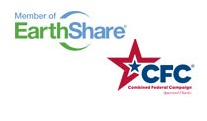Science
Incorporate environmental themes and data into science classes to show students the applicability of science in everyday life. Use news stories to connect global issues to your local environment, assess the health of a local stream, or perform an audit of your school’s energy consumption and recommend improvements. Use the search function to the right to explore other ways to incorporate environmental themes into science lessons.


